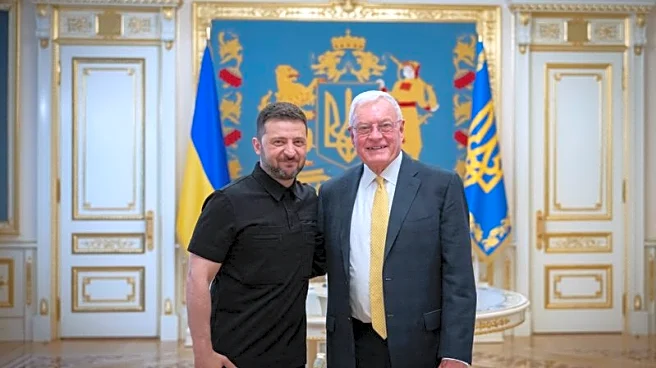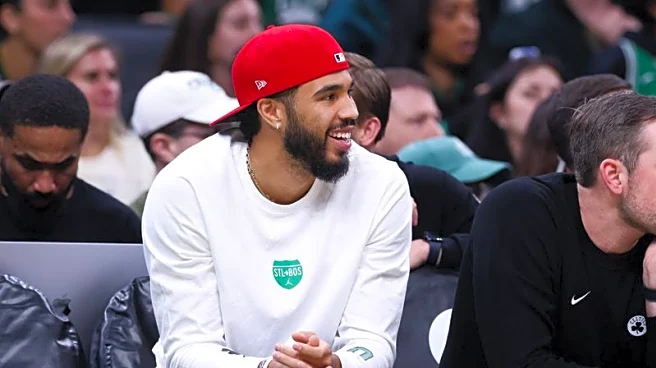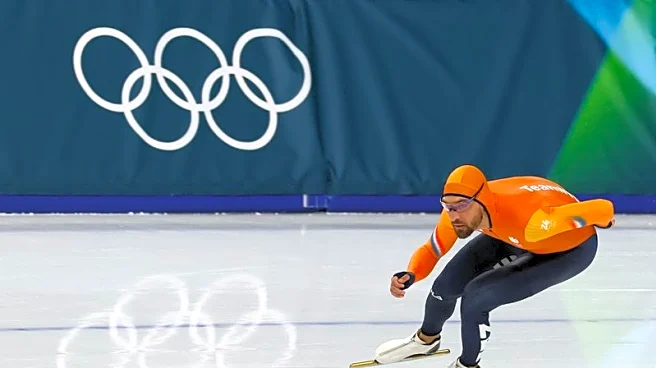By Gram Slattery and Humeyra Pamuk
WASHINGTON (Reuters) -U.S. President Donald Trump's Special Envoy for Ukraine, Keith Kellogg, has told associates he plans to leave the administration in January, four sources told Reuters, a departure that would mean the loss of a key advocate for Ukraine in the Trump administration.
Special presidential envoy is a temporary designation, and such envoys in theory must be confirmed by the Senate to stay in their positions past 360 days. Kellogg has indicated that
January would be a natural departure point, given existing legislation, said the sources, who requested anonymity to discuss private conversations.
His departure will be unwelcome news in Kyiv. The retired lieutenant general was widely viewed by European diplomats, Ukrainians included, as a sympathetic ear in an administration that has at times leaned toward Moscow's view on the origins of the war in Ukraine.
KELLOGG CLASHED AT TIMES WITH WITKOFF
Kellogg has more forcefully denounced Russian attacks on Ukrainian civilian infrastructure than other Trump administration officials. He at times clashed with Special Envoy for Peace Missions Steve Witkoff, who has repeated some of Russian President Vladimir Putin's talking points and advocated a lopsided territorial swap as part of a long-term peace deal.
Among Kellogg's successes was facilitating the release of dozens of hostages held by Belarusian leader Alexander Lukashenko in return for limited sanctions relief.
The White House and the State Department did not immediately respond to requests for comment.
One person with knowledge of Kellogg's thinking said he concluded there are too many administration officials working on Ukraine, and a lack of acknowledgement within the administration that Russia - not Ukraine - is slow-rolling peace talks.
A separate person with knowledge of Kellogg's decision said he never intended to stay in the administration for long.
TRUMP'S APPROACH TO UKRAINE HAS VARIED
While Trump has been laser-focused on ending the war in Ukraine, his approach to how to do so has varied dramatically.
In March, he briefly cut off some intelligence sharing with Ukraine, before quickly resuming it. In recent months, he has actually boosted some intelligence sharing with Kyiv.
And while Trump set up a new program through which European allies buy U.S. weapons on Kyiv's behalf, he largely discontinued U.S. military assistance programs that had been set up by former President Joe Biden.
Trump came into office pushing for an immediate ceasefire, but abandoned that demand after meeting Putin in Alaska in August. In October, he again embraced the idea of a ceasefire along the front lines after meeting Ukrainian President Volodymyr Zelenskiy in Washington.
Kellogg was notably absent from that October encounter. Earlier this month, his deputy, John Coale, left his office to become the U.S. special envoy for Belarus.
It was not immediately clear who - if anyone - would replace Kellogg. The United States has yet to appoint a Senate-confirmed ambassador for Ukraine. Career diplomat Julie Fisher was appointed in May as the charge d'affaires at the U.S. mission in Kyiv.
(Reporting by Gram Slattery and Humeyra Pamuk; Editing by Don Durfee and Rod Nickel)















